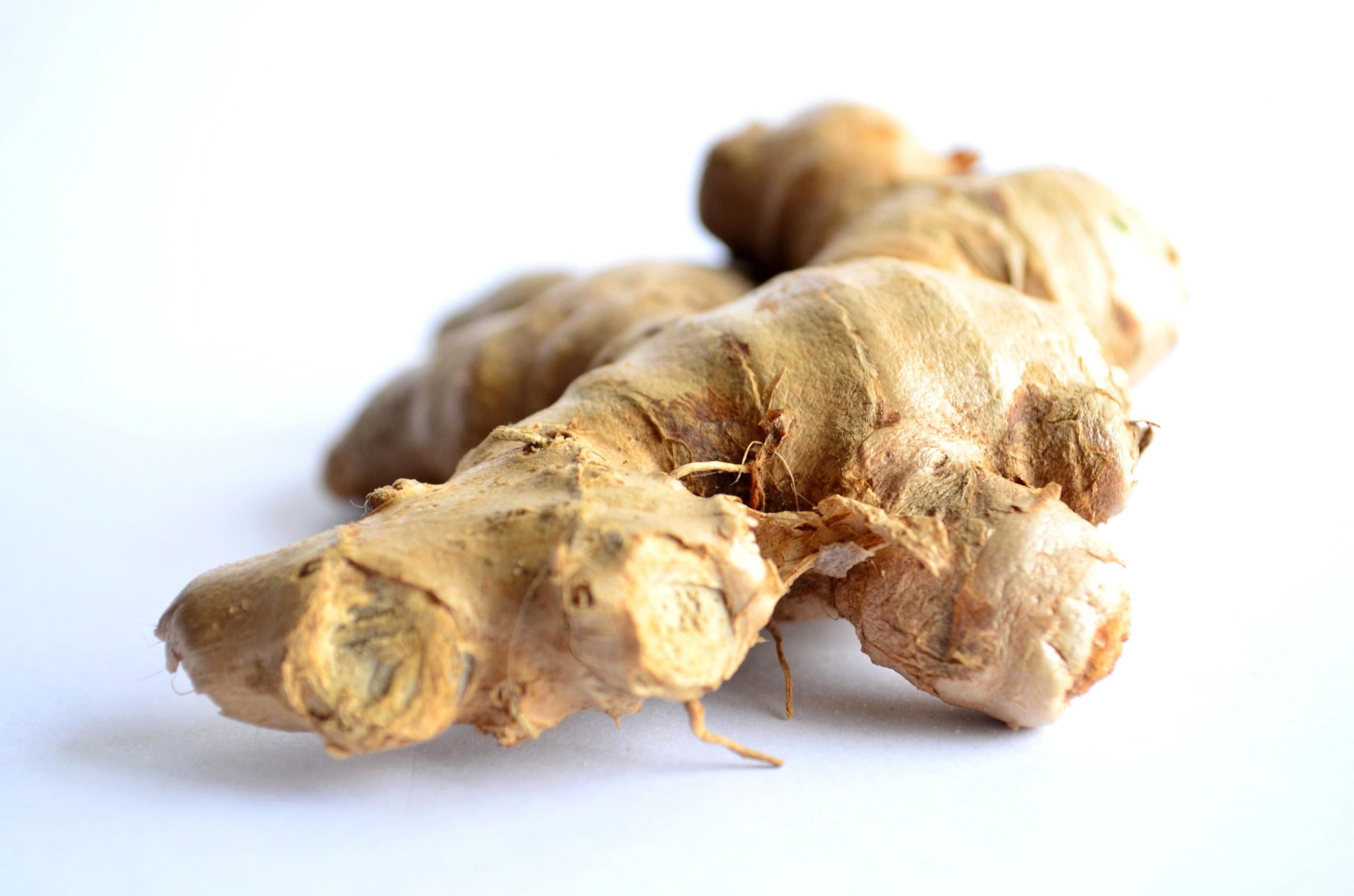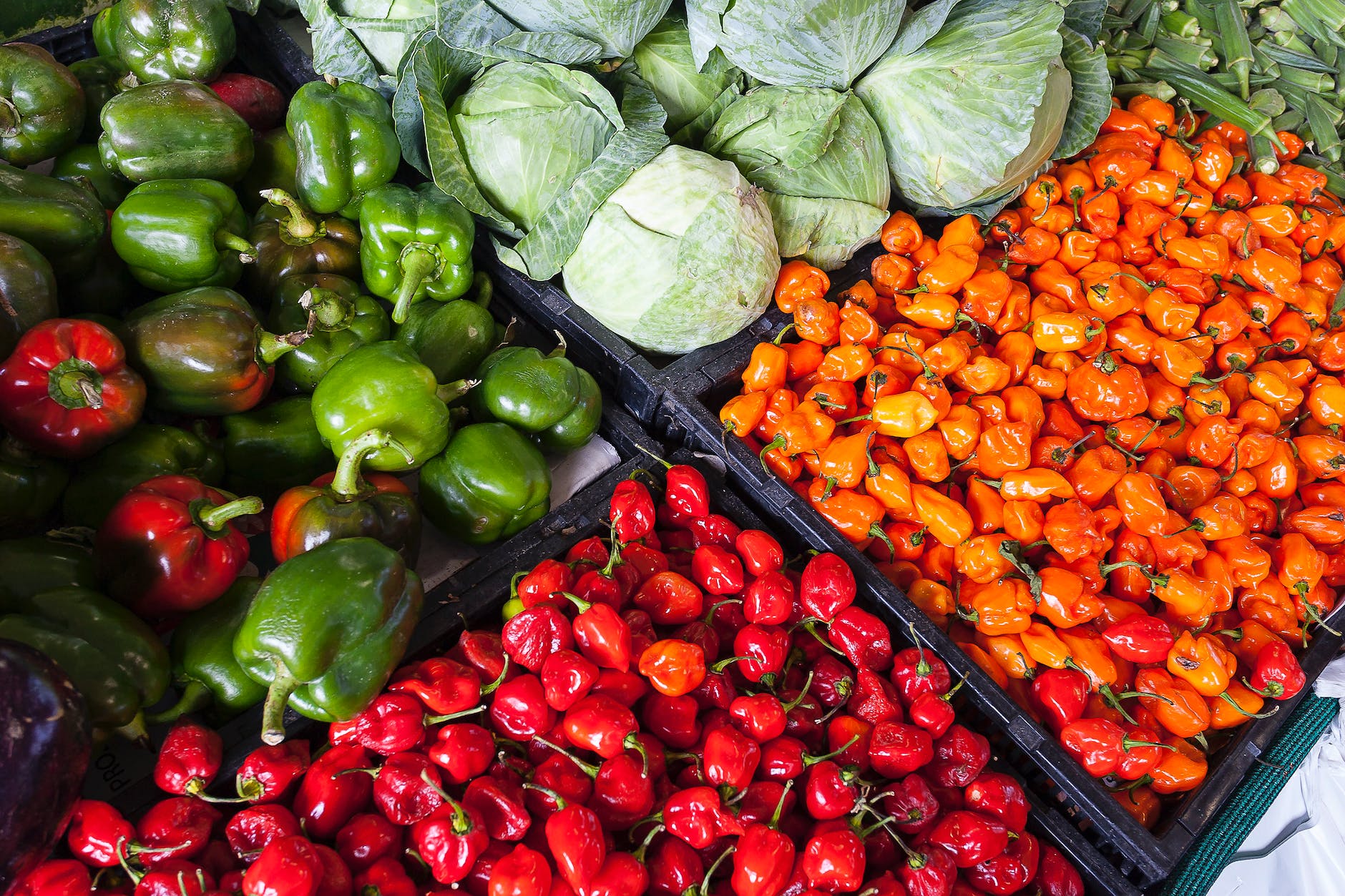Greetings, curious readers! Today, we’re diving into the world of black garlic, a unique superfood that has been gaining popularity for its exceptional health benefits and intriguing flavor profile. 🖤🧄 In this post, we’ll explore the fascinating transformation process that turns ordinary garlic into black garlic, uncover its extraordinary properties, and discover how incorporating this culinary gem into your diet can enhance your health and delight your taste buds. Get ready to embark on a journey of discovery as we unveil the wonders of black garlic! 🌿🖤🍽️
1. The Mystique of Black Garlic Black garlic is a fermented form of garlic that undergoes a specialized aging process, resulting in its distinctive black color, soft texture, and complex flavor. This transformation occurs through a combination of controlled temperature and humidity, allowing the garlic cloves to slowly caramelize and develop their unique characteristics. Unlike fresh garlic, black garlic has a mellow, sweet, and slightly tangy taste, with hints of balsamic vinegar, molasses, and umami.
2. Packed with Antioxidant Power One of the most remarkable aspects of black garlic is its significantly increased antioxidant content compared to fresh garlic. The fermentation process enhances the levels of beneficial compounds, such as S-allyl cysteine and polyphenols. These antioxidants help neutralize harmful free radicals, reducing oxidative stress and inflammation in the body. Incorporating black garlic into your diet can contribute to overall cellular health and support the body’s defense against chronic diseases.
3. Cardiovascular Health Booster Black garlic offers specific benefits for cardiovascular health. Research suggests that it may help lower cholesterol levels, reduce blood pressure, and improve blood vessel function. The antioxidants found in black garlic help prevent the oxidation of LDL (bad) cholesterol, reducing the risk of plaque formation in the arteries. Additionally, black garlic’s natural compounds have been shown to promote vasodilation, which supports healthy blood flow and optimal cardiovascular function.
4. Immune System Support The potent antioxidants present in black garlic also play a crucial role in supporting a robust immune system. By reducing oxidative stress and inflammation, black garlic helps strengthen the body’s natural defense mechanisms. The unique compounds found in black garlic, such as S-allyl cysteine, have been shown to have antimicrobial and immunomodulatory effects, further enhancing immune function. Adding black garlic to your diet can help fortify your immune system and improve your resistance to infections.
5. Digestive Health Aid Black garlic contains natural prebiotics, which serve as food for beneficial gut bacteria. These prebiotics help nourish and promote the growth of healthy gut flora, supporting optimal digestion and overall gut health. A healthy gut microbiome is crucial for nutrient absorption, immune function, and maintaining a balanced mood. By incorporating black garlic into your meals, you can support a thriving gut ecosystem and enhance your digestive well-being.
6. Culinary Versatility Aside from its impressive health benefits, black garlic adds a touch of culinary magic to a wide array of dishes. Its unique flavor profile can elevate both savory and sweet recipes. Use black garlic as a spread on bread, mix it into sauces and marinades, incorporate it into salad dressings, or add it to stir-fries and roasted vegetables. The possibilities are endless, allowing you to experiment with new flavors and add a gourmet touch to your culinary creations.
7. Incorporating Black Garlic into Your Diet Incorporating black garlic into your diet is a simple and enjoyable process. You can purchase pre-made black garlic or even make it at home by following specific fermentation techniques. Once you have black garlic cloves at hand, you can use them as a versatile ingredient in your everyday cooking. Start by substituting black garlic for fresh garlic in your favorite recipes or explore new recipes specifically designed to showcase the unique flavors of black garlic.
8. Choosing and Storing Black Garlic When selecting black garlic, opt for bulbs that are plump, soft, and free from mold or excessive moisture. Store it in a cool, dry place away from direct sunlight. Black garlic has a relatively long shelf life, but it’s best to consume it within a few weeks to enjoy its optimal flavor and nutritional benefits.
Conclusion: Embrace the Marvels of Black Garlic Black garlic offers a sensory delight and a treasure trove of health benefits. Its rich antioxidant content, cardiovascular support, immune system-boosting properties, digestive health aid, and culinary versatility make it a remarkable addition to any diet. By incorporating black garlic into your culinary adventures, you can savor its unique flavor profile while reaping the rewards of its exceptional nutritional value. So, unlock the marvels of black garlic, embrace its distinct aroma and taste, and embark on a journey of culinary and holistic well-being! 🌿🖤🍽️












